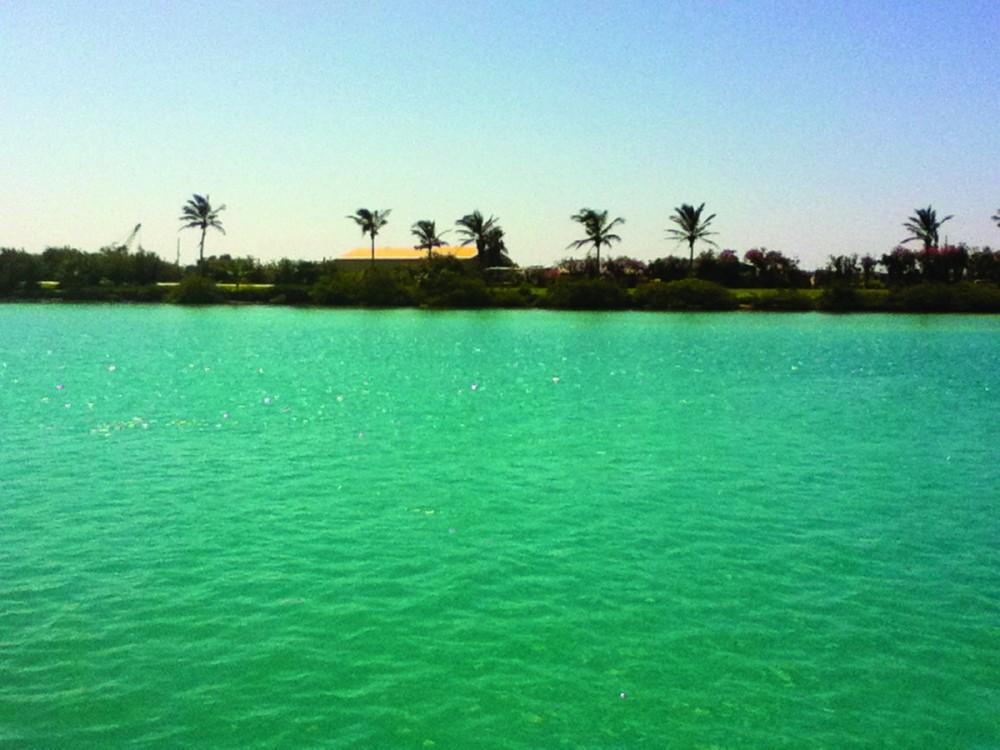NSF grant helps oceans, GV students

Courtesy Photo / Figen Mekik
Sep 30, 2012
Grand Valley State University professor of geology, Figen Mekik, has received an $87,087 grant from the National Science Foundation to explore ocean acidification, more commonly known as “the other carbon dioxide problem,” Mekik said.
“Seawater becomes more and more acidic as more and more carbon dioxide is added to it,” Mekik said. “In laymen’s terms, we call this carbonation. Carbonated beverages are bad for one’s teeth because carbon dioxide plus water makes carbonic acid. And that is what is happening on a large scale in the oceans today.”
Mekik said ocean acidification can have extreme adverse effects on sea life, especially on coral reef communities from which many foods and medications are derived for humans. The goal of this project, she said, is to study the long-term natural fluctuations in ocean acidification events in order to better understand the timing, magnitude and mechanisms of ocean regulation of atmospheric carbon dioxide concentration.
The NSF has a funding competition for scientists working on ocean acidification, and scientists from various institutions across the U.S. can submit proposals for their projects and ask for money to complete the projects.
“The competition is stiff because the proposals have to address an original research question and have to be promising of good science in a short time, like three years,” Mekik said. “Many proposals come from tier-one research institutions where the resources and infra-structure for research is already well established.”
About three or four of every 40 proposals are funded in this competition, and the competition is held about every other year.
“I am very excited that we were able to put forward a scientific proposal that was found to be meritorious enough to be funded among so many other excellent proposals,” Mekik said. “The money will mostly go toward summer salaries for undergraduates and chemical analyses of samples.”
Mekik, principle investigator of the project, said it is her job “to make sure we have the samples we need, run the analyses we need and investigate our research questions thoroughly.”
She also plans to hire four undergraduate researchers to work with her on this three-year-long project. She will educate them, collaborate with them, and lead them toward publishing their work in scientific journals. Applications are open to all GVSU undergraduate students.
“I am looking for students who have a strong background in geology and/or oceanography so we can expedite their research publications and send them to good graduate schools,” Mekik said. “However, I have hired students from other majors before as well, like anthropology, computer science or physics – and they have all worked out pretty well. Personally, I hope to lead four young minds into a solid research career and/or graduate school.”
Students who are interested in applying should contact her with their resumes. “This project is important to me for several reasons,” Mekik said.
“It puts Grand Valley and its students on the national and international map as a place where cutting edge oceanographic research is being done, it allows me to expand my personal capabilities both intellectually and in the lab, and it allows me to collaborate with students one-on-one over a subject I am passionate about.”

























